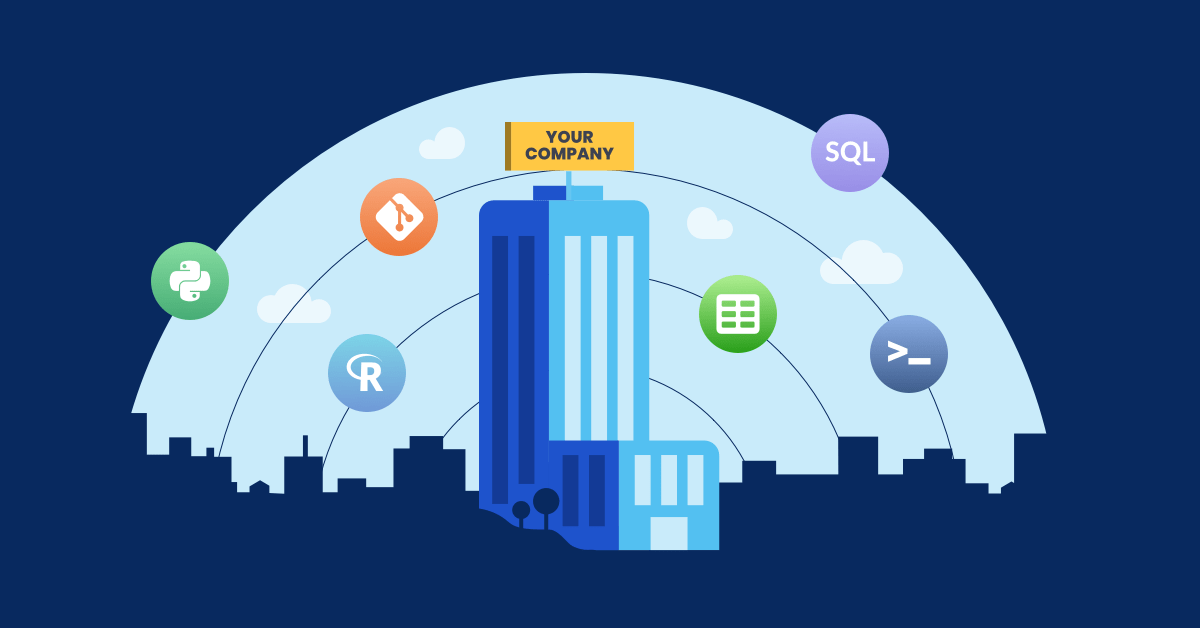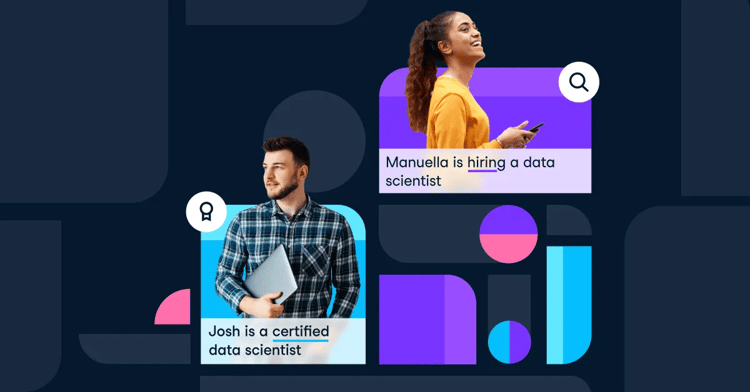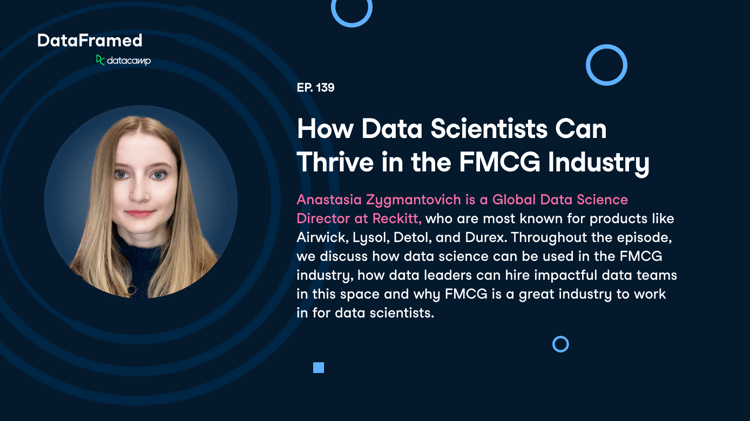

Organizational Readiness for Data Science
Data science readiness is important for every organization—no matter if you’re in an industry that is traditionally associated with data science and analytics or not. KDnuggets summarizes the four components of organizational readiness as strategic, domain, cultural, and operational readiness.
Defining Data Science Readiness
Organizations must thoughtfully incorporate these four elements when preparing for data science initiatives. Strategic readiness helps companies make the business case to link data science to organizational priorities and get executive sponsorship. Domain readiness is about investing in infrastructure, namely the tools and skills required to easily access and analyze data. Cultural readiness establishes the conditions for every employee to learn to speak the language of data and drive better data-driven results. And operational readiness enables the execution and optimization of data science functions with proper planning. Companies must be mindful of their unique data needs and ensure early fit in all these areas to position themselves for success.
The Data Science Hierarchy of Needs
AI is hot and many companies want to jump right into it. But you have to walk before you can run, and before you can systematize AI, you must have the readiness level to do so. This is what building a data foundation is all about. Monica Rogati’s Data Science Hierarchy of Needs is a practical way to approach data science readiness.
Data-Driven Energy Consumption with Smart Meters
Sometimes, organizations may not be actively looking to prepare for data science but are forced to do so to meet external demands. Let’s look at an example with utility companies in the UK, where the government has mandated the installation of smart meters in every home and small business by the end of 2020. The government cites adapting to modern data needs and consumer concerns as the reason for the initiative in their 2018 progress report: they believe smart meters will help customers use energy efficiently and save on energy bills by giving them more visibility into their actual consumption.
Data Science Insights Into IoT
Smart meters are part of a fast-growing field called the Internet of Things (IoT), which is often combined with data science. IoT refers to gadgets that are not standard computers but still have the ability to transmit data. Data science can provide great insight into the information gleaned from IoT. For the UK smart meter program to be successful, smart meters must be able to transmit data, determine energy consumption patterns, and inform the user how they can make changes to conserve energy.
How Utility Companies are Adopting Data Science
Utility companies in the UK are scrambling to meet the 2020 deadline, and there are a lot of moving parts. Strategically, they must get executive sponsorship for investment in analytics support to track their progress. They must have domain readiness to monitor the progress of the smart meter program against targets, which requires monitoring installations and costs and ensuring operability. They must ensure cultural readiness for everyone at the company—from executives to installers—to understand product-market fit and IoT capabilities of the smart meters. Finally, there must be operational readiness to quantify the impact of smart meter installation on energy consumption and cost—and to determine whether smart meters are really worth the hype.
If you’d like to dive into practical applications of data science for IoT, take our course on analyzing IoT data. We walk you through exactly how to access IoT data, process it, analyze it for trends and outliers, and use it to build a machine learning pipeline for real-time predictions.
If you’re a business leader interested in organizational readiness for data science and analytics, learn more at datacamp.com/business. Click here to schedule a demo of our platform.


